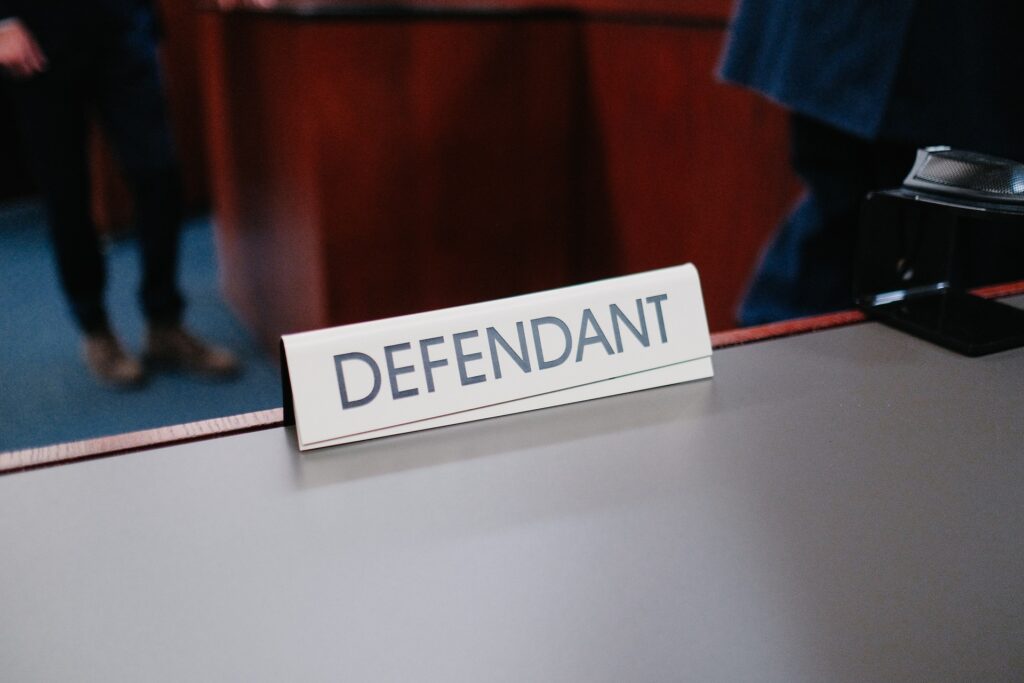
(Rightallegiance.com) – In an unprecedented legal ruling from New York, a comedian from Brooklyn has been mandated to compensate his ex-girlfriend, a professor at the City University of New York, with a staggering $30 million for conducting a prolonged campaign of revenge pornography. This decision has been hailed as a record-setting verdict for cases of this nature within the state, as pointed out by the legal representative of the victim.
Dr. Spring Chenoa Cooper, aged 43, shared with Fox News Digital her perspective on the verdict, emphasizing the symbolic victory it represents over the financial compensation. She articulated her desire for the case to serve as a beacon of hope for victims, showcasing that avenues for justice exist and that society condemns such violations of privacy and dignity. Cooper’s stance underscores a broader call for awareness and support for individuals subjected to non-consensual sharing of intimate images.
Ryan Broems, the defendant in this case, notably absented himself from the court proceedings and opted not to secure legal representation, as reported by Cooper’s lawyer to Fox News Digital. This absence underscores a dismissive approach to the legal consequences of his actions.
The backstory to this legal battle traces back to 2017 when, following a breakup after a year of tumultuous relationship, Broems reportedly began a relentless harassment campaign against Cooper. This included sending explicit videos of himself via Snapchat and demanding intimate details of Cooper’s life post-breakup. The harassment escalated to threats of wider exposure on social media platforms, leading to Cooper’s personal and professional life being invaded by unsolicited and degrading attention from strangers who accessed her exposed intimate images online.
Cooper’s testimony vividly describes the invasive and relentless nature of the harassment, which continued despite her efforts to block Broems and legally restrain him. Her struggle highlights the inadequacies in the digital and legal systems to protect individuals from such cyber abuses.
Despite obtaining a restraining order, Cooper found herself in a “never-ending cycle of fear” as new instances of her images being shared online persisted. Broems, meanwhile, faced minimal legal repercussions, pleading guilty to a misdemeanor with a sentence that included no jail time, which hardly seemed to balance the scales of justice for the trauma and violation Cooper endured.
This case sheds light on the broader societal and legal challenges surrounding revenge porn, an issue that has gained increasing attention in recent years. According to a study by the American Psychological Association, one in twelve adults may fall victim to non-consensual pornography, highlighting the pervasiveness of this issue.
Dr. Cooper’s involvement with New York’s Cyber Abuse Task Force and her academic focus on supporting victims of cyber sexual assault are testament to her commitment to transforming her traumatic experience into a force for change. Her advocacy work aims to promote understanding and support for victims of cyber sexual assaults, emphasizing the need for societal recognition and a robust support system to aid in the recovery of victims.